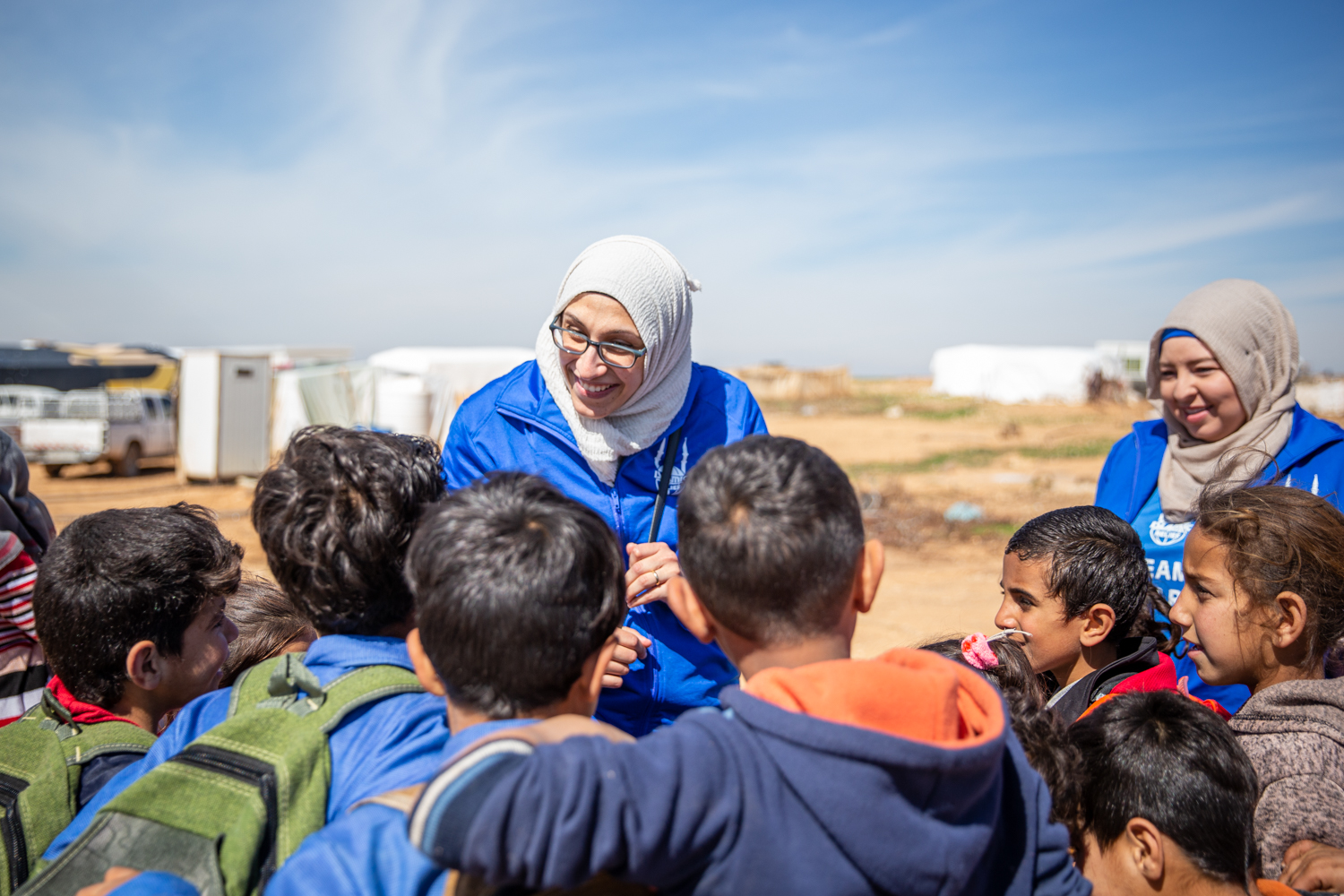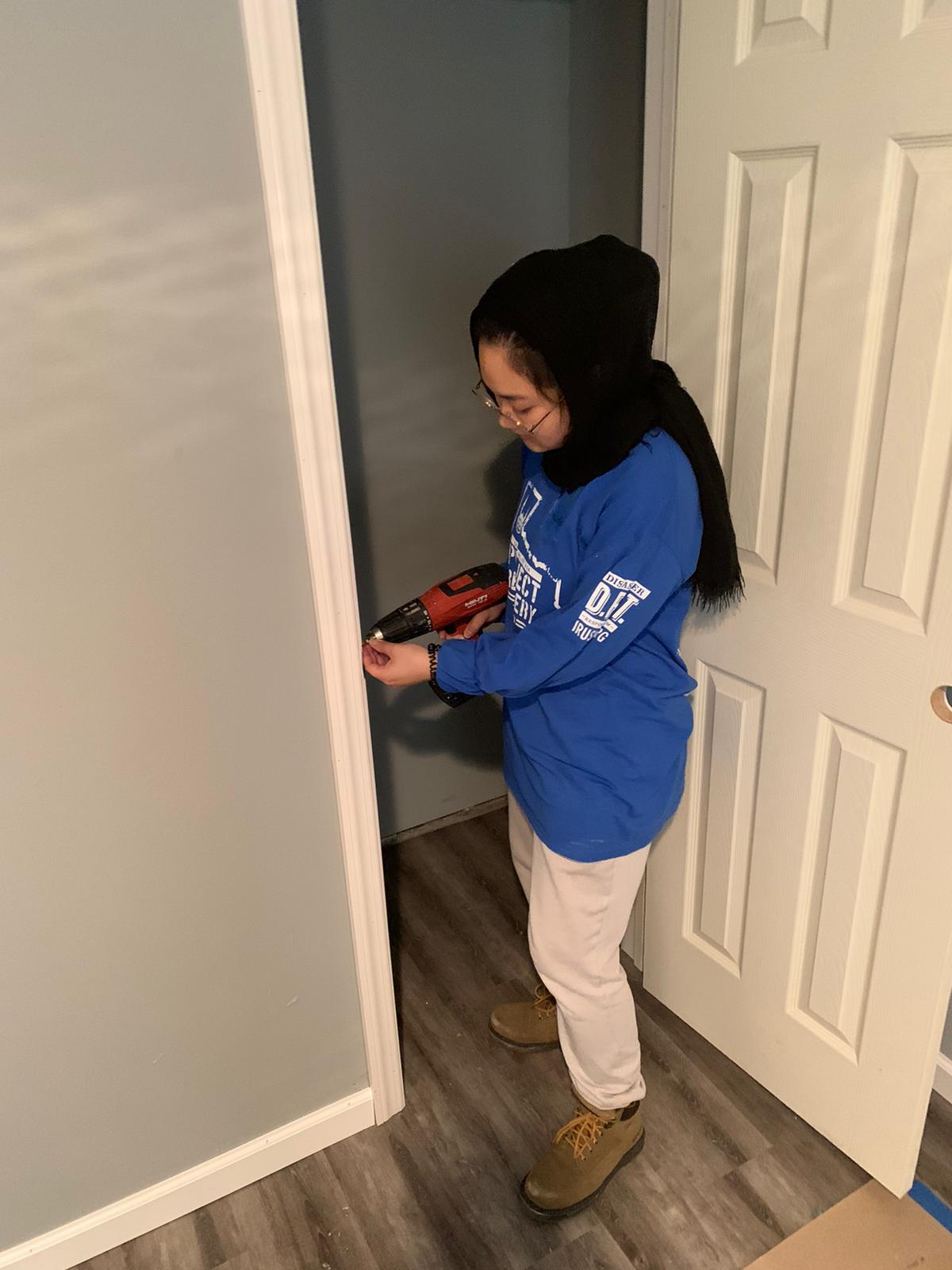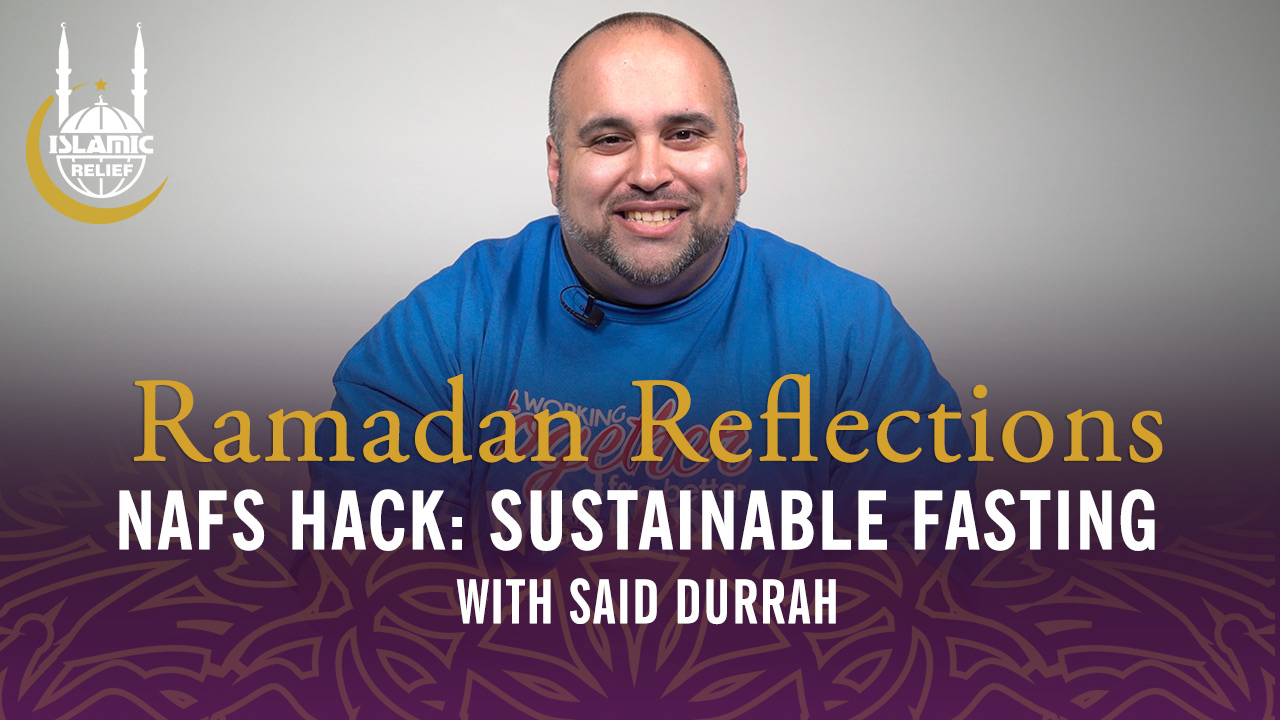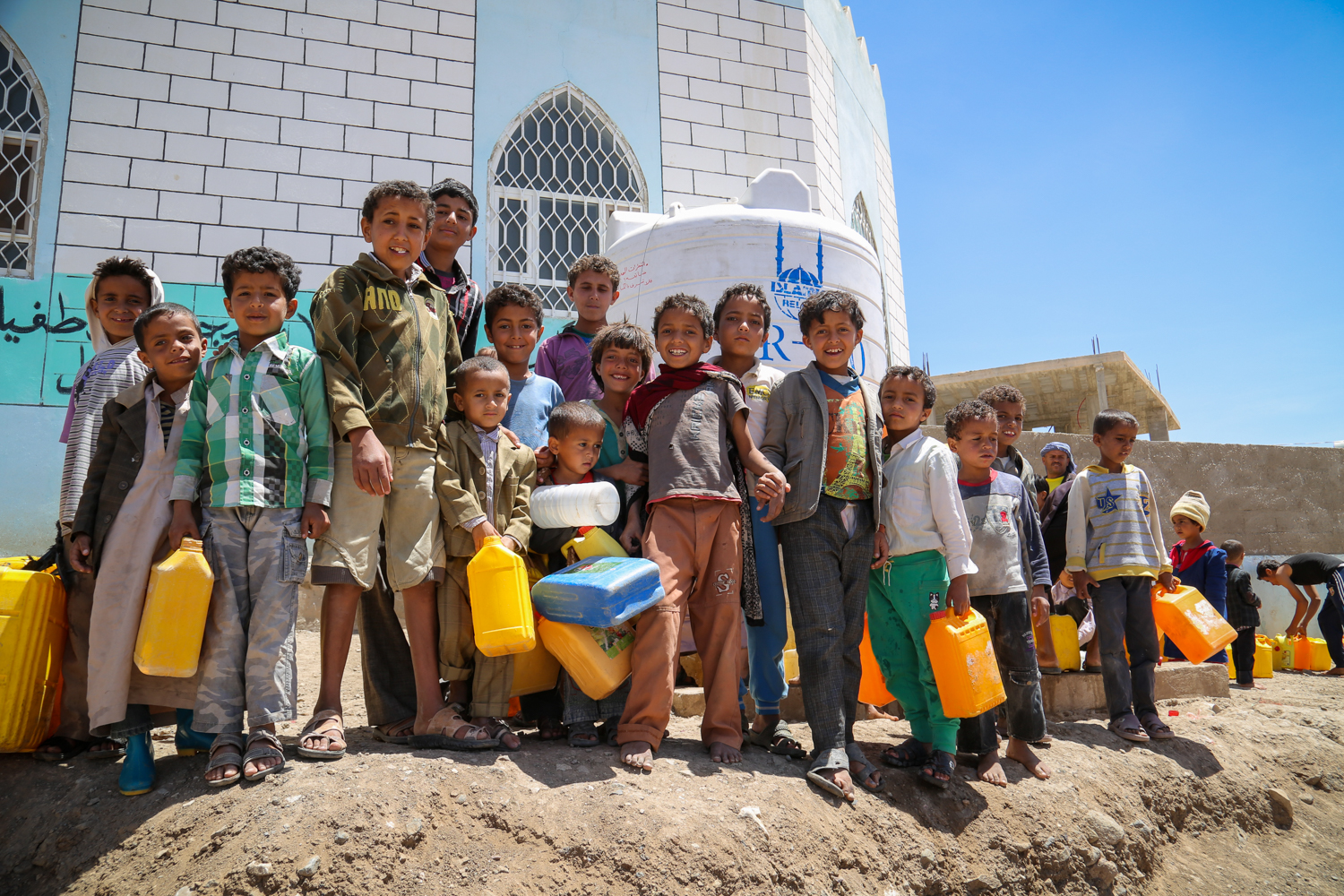
A World Water Day, in a Challenging Time.
As the world pushes to wash hands, IRUSA reminds us of the privilege of water to do it with.
A Growing Concern
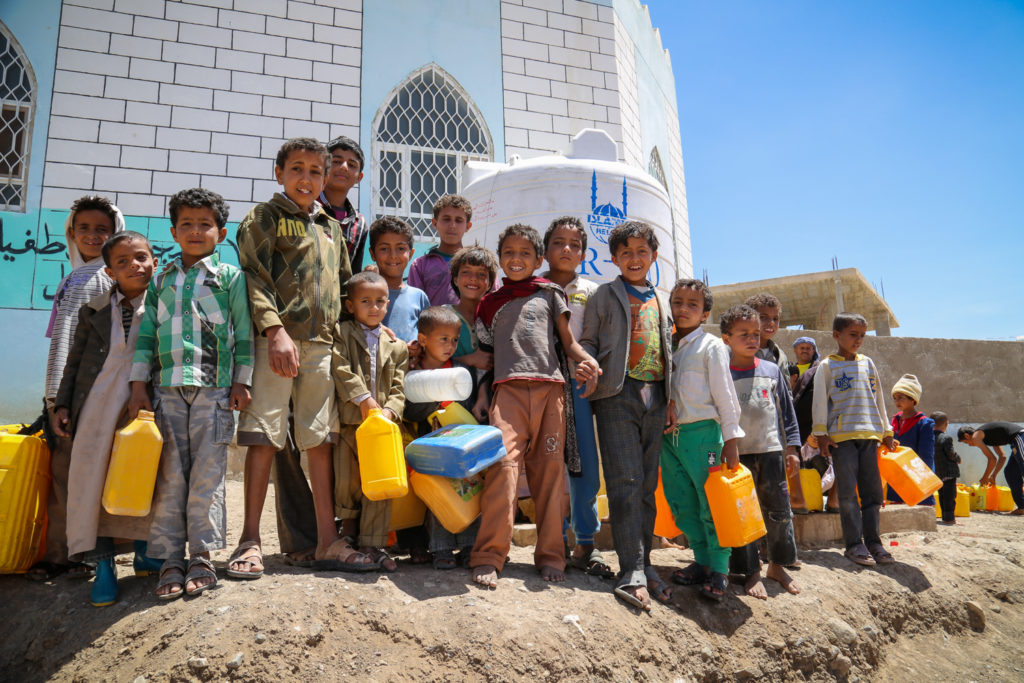
World Water Day this year has come during a time of extreme change for everyone: the outbreak of Coronavirus COVID-19. Internet sites are showing no shortage of advice regarding proper hand-washing and sanitation techniques, and we are very thankful for all of it. Meanwhile, thousands of people are stocking up on bottled water in fear the pandemic could lead to an interruption of water supply. And grocery shops are resorting to extreme measures to face the panic buying urge of scared shoppers.
A Daily Reality
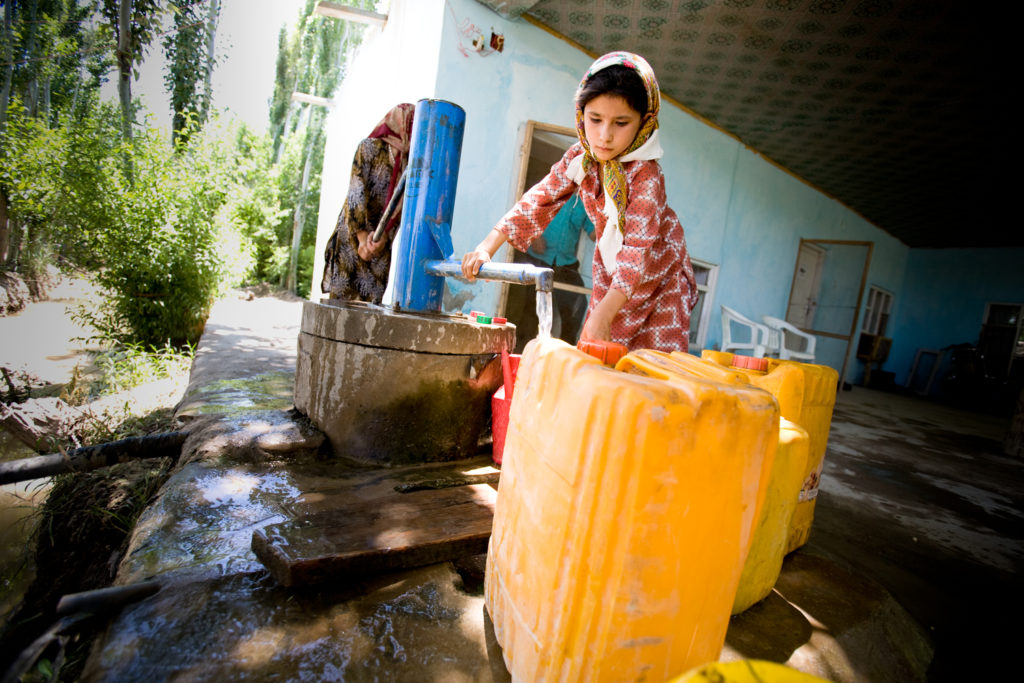
While advice on hygiene is indeed valuable and crucial in combating the spread of disease, access to clean and safe water is not a given for everyone. In fact, as we speak, two out of five people around the world do not have a basic hand washing facility, with soap and water, at home.
Moreover, Refugee camps, slums, and impoverished communities remain overcrowded with poor or no functioning sanitation systems. More than 1 Billion people still practice open defecation, which results in the contamination and pollution of community water resources.
Furthermore, according to the UN, more than 780 million people remain without even basic drinking water. By 2030, 700 million people could be displaced by intense water scarcity, the UN further predicts.
Water Changes Lives
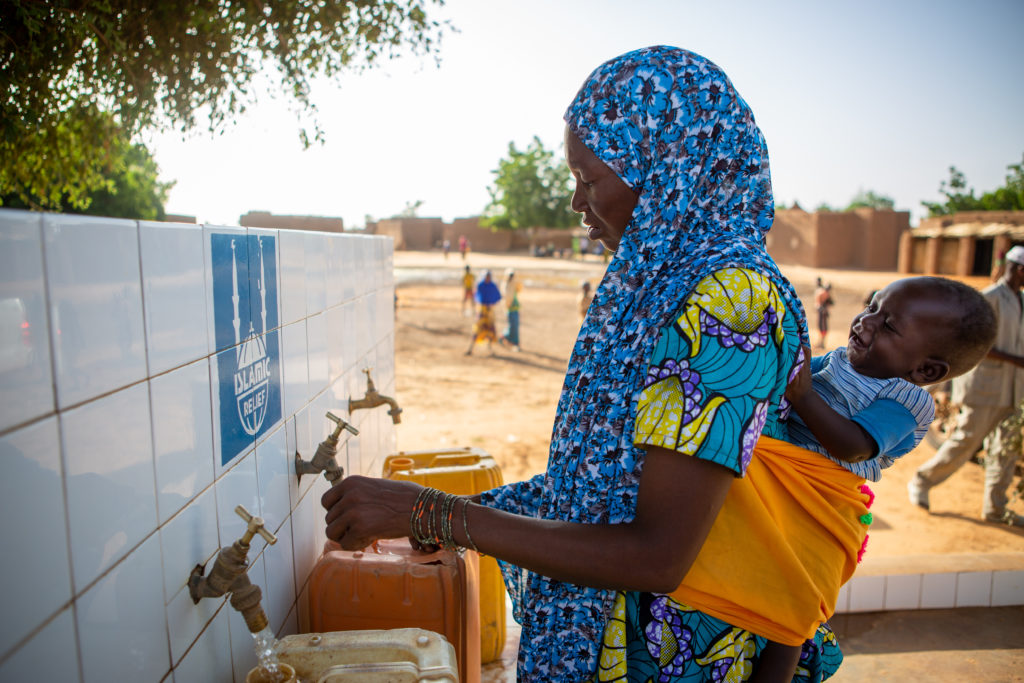
In some areas in Kenya, for example, people, mostly girls and women, are forced to walk for miles before getting to a water source, which most likely would be contaminated. Children would miss out on school and education, as they need to provide water for their families. Crops, livestock, and all other aspects of life simply cannot exist without water.
For this reason, Islamic Relief USA, focuses much of its dedicated projects on water and sanitation. In places like Mali, Nepal, and Niger, Islamic Relief USA is rehabilitating/constructing solar-powered water wells, hygiene education, and upgrading sanitary facilities. As local water infrastructure is developed through these interventions, they improve the ability of community members to earn livelihoods and work to increase education access for youth, especially girls.
Water projects of this kind have a life-changing effect on communities. This year, on world water day, let’s commit to making a difference. Let’s take a stance and advocate for the right of access to clean water for everyone. Let’s educate about the importance of water preservation, hygiene, and stop wasteful habits. Let’s donate to water projects that are trying to alleviate the suffering of people around the world. But most importantly, let’s help our most vulnerable around the world to stay Corona Free!
